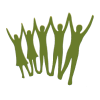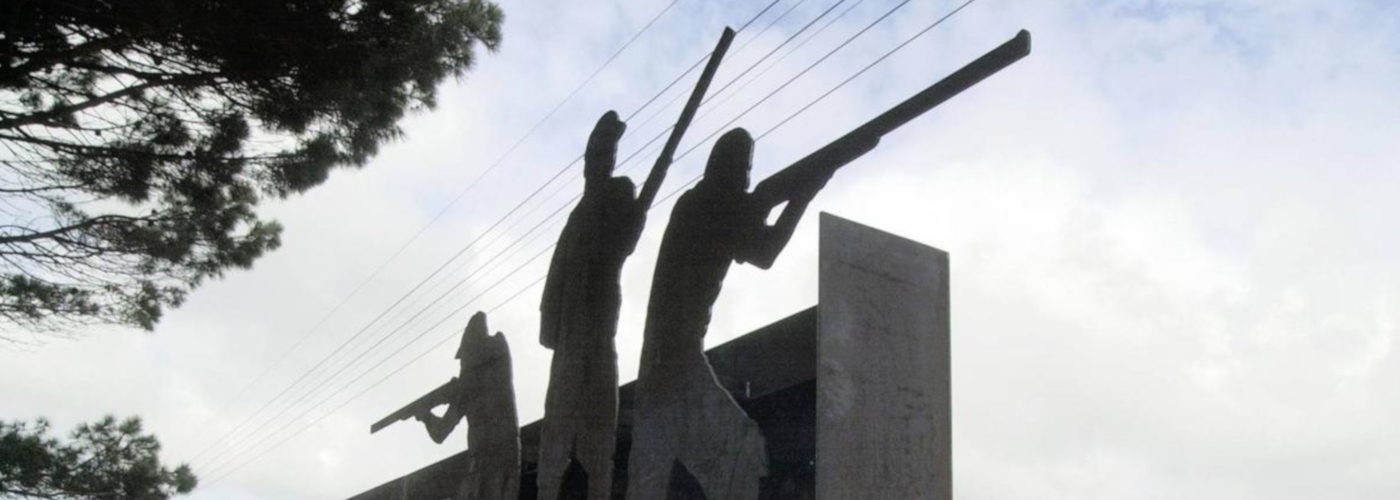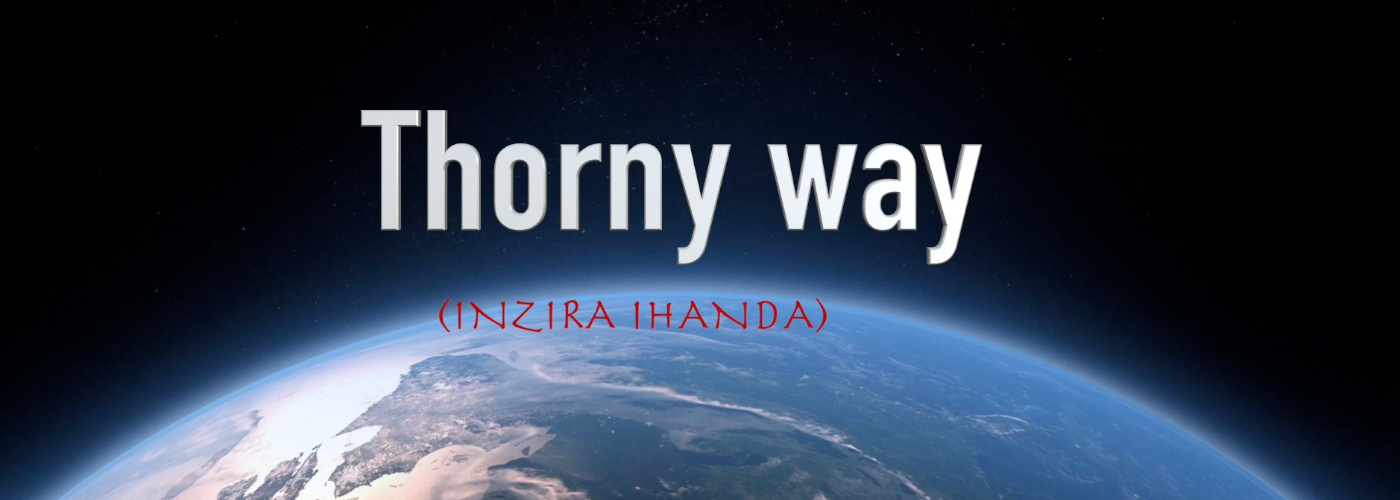In October 1985, in an operation to arrest stone throwers, the Joint Operation Command consisting of the South African Police, South African Railway Police and South African Defense Force, disguised as railway workers, hid in crates on the back of a railway truck and ambushed the communities of Athlone and Crossroads. Five youths were killed and men, women, children and toddles were wounded in the operations known as the Trojan Horse Massacres.
Episode nine unpacks the endless delays causing fear and uncertainty experienced by asylum seekers stuck in the appeals’ process. We speak to three asylum seekers, review Human Rights Media Centre’s 2018 qualitative research that focused on the plight of fourteen Rwandan asylum seekers, who were and are, seven years later, still stuck in the Department of Home Affairs’ appeals system.
Justice delayed is justice denied for the ‘Rwandan-fourteen’ and more than one hundred thousand other asylum seekers waiting for replies to their appeals. The endless wait has terrible consequences on their lives.
Join your host Epiphanie Mukasano to further understand the challenges with the appeals backlog; and progress made thus far, as well as an interview of Bob Beerens, project manager of the backlog project at the United Nations High Commissioner for Refugees (UNHCR).
Cover photograph provided by GroundUp photographer Joseph Chirume.
Episode eight focuses on the Department of Home Affair’s assertion that refugees are a burden to South Africa. This is despite their small numbers, and the evidence showing that refugees and asylum seekers often make a positive contribution to the economy.
We can no longer accept the rhetoric that refugees are the problem: they are definitely part of the solution in addressing unemployment and poverty, and growing South Africa’s economy.
Episode seven focuses again on the White Paper circulated by the Department of Home Affairs. Many civil society organisations, including the Human Rights Media Centre, take strong issue with its intention. We consider it an outrage against the rights and human dignity of those who are forced to flee their homes. We aim to make this legal information accessible because the White Paper must be understood by everybody.
Episode six focuses on how the Human Rights Media Centre has, along with civil society, taken a stand against the Department of Home Affairs’ White Paper on Citizenship, Immigration & Refugee Protection.
We ask you to stand with us against this unacceptable proposal and to support refugees whose lives have been torn apart by conflict and discrimination, to build their futures as South Africans without further delay.
Episode five focuses on Umoja Wamama Crafters Co-Operative, a women’s collective allied to the Human Rights Media Centre. Most of the members are from the refugee community; some are South African veterans.
Umoja Wamama will soon celebrate its tenth anniversary and may be of interest to you in that it presents a different economic model, where every member is both contributor and beneficiary.
But the benefits, as you will hear, are richer than just economic.
Episode Four explores the experiences of three young people, born and raised in South Africa of refugee parents, and their journey toward accessing their right to belong.
In South Africa, the Bill of Rights and the Children’s Act explicitly recognises that every child has the right to nationality from birth.
We urge you to know your rights, claim your rights, and defend your rights!
Episode Three centers around the struggles of women refugees. We explore how refugee women’s organising has made a difference!
Under the new regulation, refugees and asylum seekers can get their own files, if the primary applicant has gone or passed on.
We urge both men and women to listen to this podcast and share it widely with your networks!
Episode Two explores naturalisation as one of three durable solutions to end refugee-hood.
Join your host Epiphanie Mukasano this World Refugee Month as she discusses issues surrounding Refugee status as temporary. Naturalisation is the long-term integration of refugees in the host or resettled country. Listen in to hear how South Africa is faring.
Episode One concerns the rights of asylum seekers and refugees living in Cape Town because documentation services were closed here by the Department of Home Affairs in 2012.
Join Epiphanie Mukasano as she delves into conversations around the delays and the opening of the new Refugee Reception Office, in April 2023 in Epping Cape Town, offering new hope for asylum seekers and refugees.









